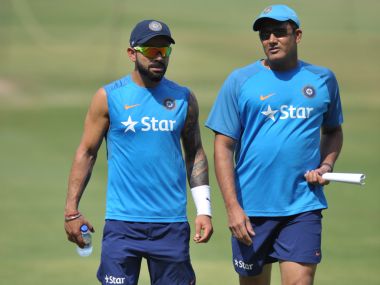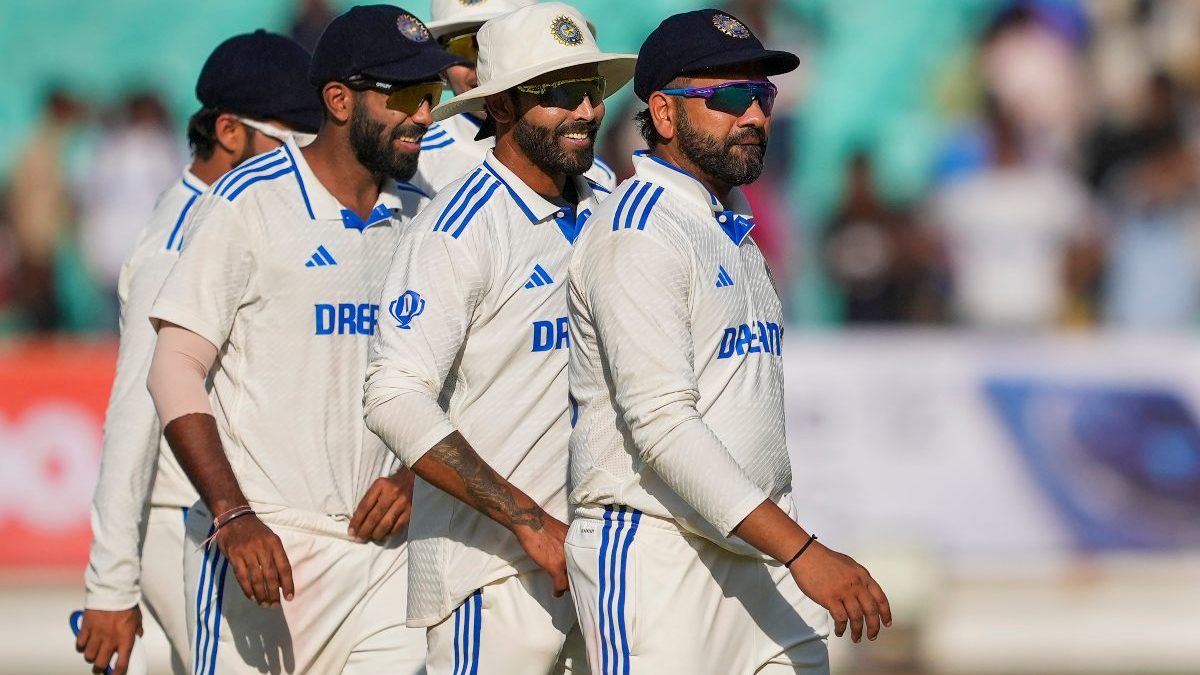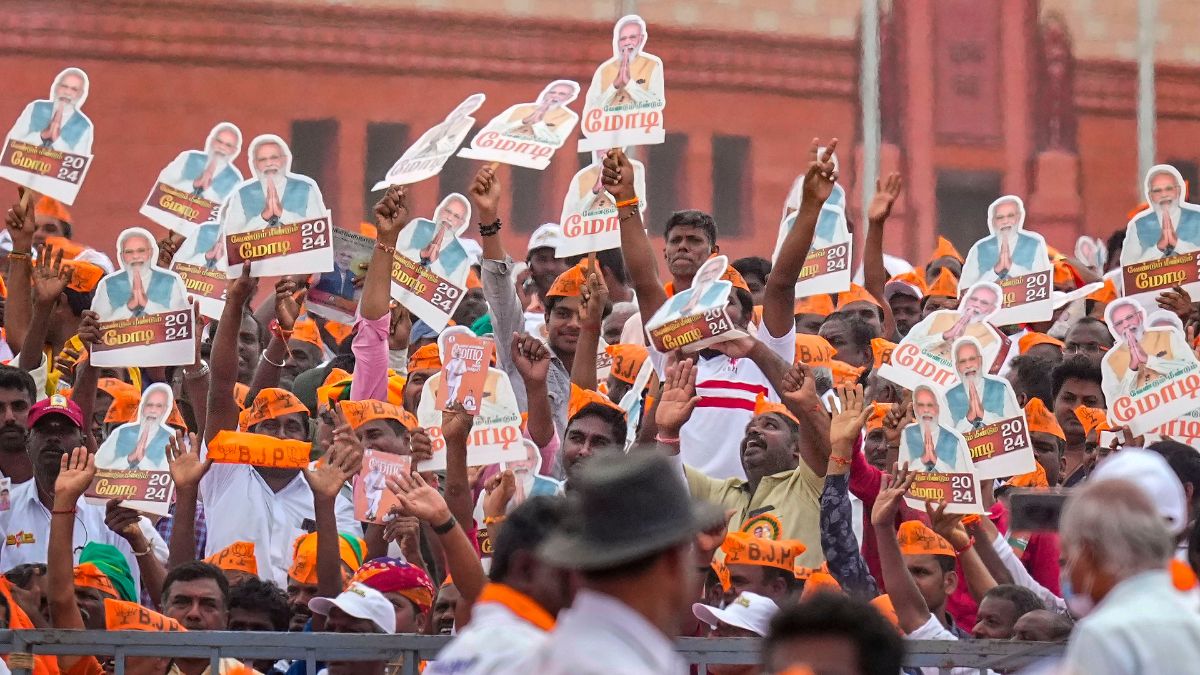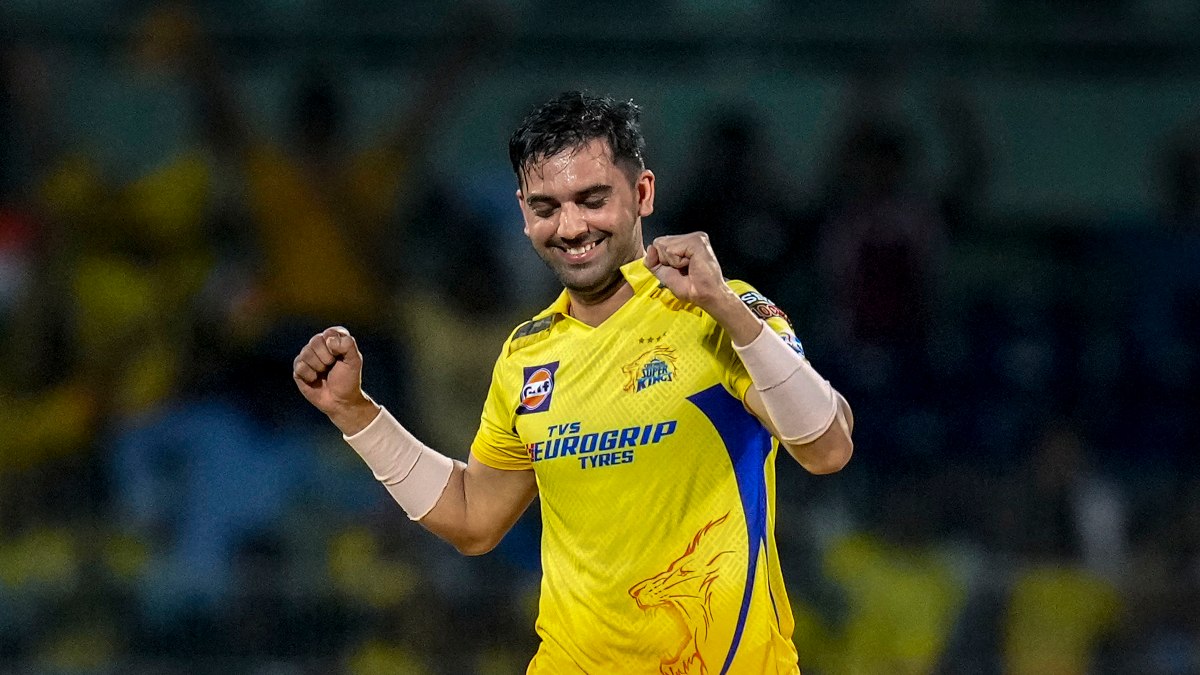One delightful French phrase which best describes the imbroglio surrounding the Indian cricket team is: Plus ca change, plus c’est la meme (the more it changes the more it remains the same).
Indian cricket’s new found fans are shocked by the timing of the fracas surrounding coach Anil Kumble and the possibility of the Indian team being saddled with yet another new coach. But those who have followed Indian cricket closely would unhesitatingly vouch that this sort of fissure between coach and players is par for the course.
Lest one believes the upheaval is unusual before the start of a major ODI championship like the Champions Trophy, a similar situation prevailed during the 1996 World Cup. Most of the players had stopped talking to the coach by the time India got past the initial rounds and it was left to erstwhile assistant coach Sandip Patil to act as go-between.
It is an inescapable fact of life that great players need not make a good coach, captain, umpire, commentator or even administrator. Each calls for a different skill set and very few are blessed with the ability to shine in two or more roles.
Sachin Tendulkar, for instance, was one of the greatest Indian cricketers of modern times. Yet he was a complete flop as captain. But his failures as skipper did not make him any less a cricketer extraordinaire.
Then there is the case of Greg Chappell, another outstanding cricketer, one of the truly great batsmen of his era. Those who know Chappell and his cricketing acumen believe he is one of the finest thinkers of the game and his knowledge of the sport and situational analysis is second to none.
Yet, as India coach, Chappell fared miserably. He failed to understand that Indian cricket had its share of prima donnas and holy cows and there were more than a few ‘no-go’ areas. His attempt to impose a culture alien to the one that the team was accustomed to went against him.
The players were very happy with him as long as he did not try to push them out of their comfort zone. The moment he tried to impose his ideas spelt his doom. The players turned non-communicative and rebelled. After that he simply had to go.
The Kumble-Indian players issue is reportedly following an identical pattern. If the players are unhappy with him, there is no way they would turn to him for advice, help or support. Kumble, too, does not seem to have the ability to reach out and smooth any edges in the relationship. In such a scenario if a total breakdown in communication follows, it would not serve the purpose of employing him as a coach. Additionally it would do more harm than good to Indian cricket.
The tragedy with Indian cricket is that the entire set-up is happy to stay in its comfort zone. What this really means is easy victories at home and an occasional win overseas. This has been the pattern for the last five decades. The disappointment is the fact that Indian cricket’s stakeholders are happy with this dismal status quo.
Kumble probably deserves to continue after those easy wins at home against the West Indies, Bangladesh, New Zealand and Australia. Yet those are not the challenges either for him or the team. They need to consistently win matches and tournaments overseas in conditions that are far removed from those obtaining at home.
The great teams of West Indies and Australia were champions everywhere, not just in their backyard. And unless a coach or a team can deliver those sorts of results they should not even be talking of success. Because, frankly, winning at home on friendly pitches is a foregone conclusion almost always.
Strangely India’s most successful managers/coaches who were at the helm when memorable overseas triumphs were recorded were not cricketing legends. The historic 1983 World Cup victory in England came when a cricketing lightweight, PR Man Singh was the manager. Another non-Test cricketer Raj Singh Dungarpur was the manager when the epic 1986 Tests and series win in England was thrashed out by Kapil Dev’s team.
Likewise, Keki Tarapore and Hemu Adhikari, two average Indian cricketers were coach and manager during two memorable series wins in West Indies and England respectively in 1971.
It is possible that Indian cricket could be served better by the introduction of an excellent man-manager who could be the bridge between players and coach. In any case, most of the coaching is done at the NCA and India A levels. At the highest level, the coach is probably a facilitator who could get players to perform out of their skins. But for that, there must first be some sort of two-way trust and communication going.
)
)
)
)
)